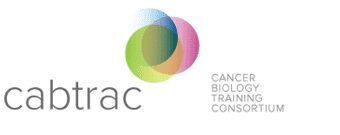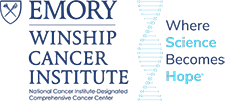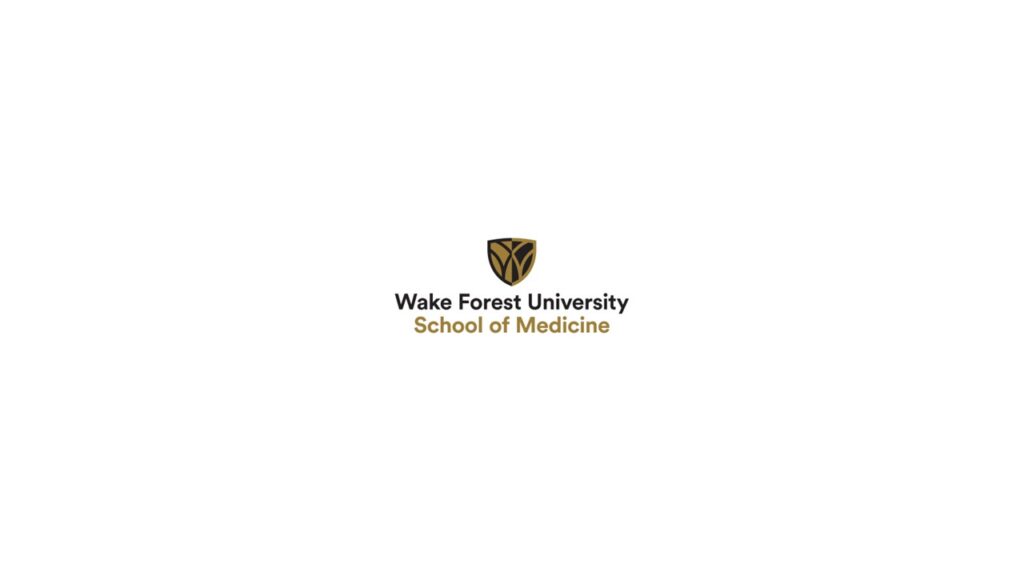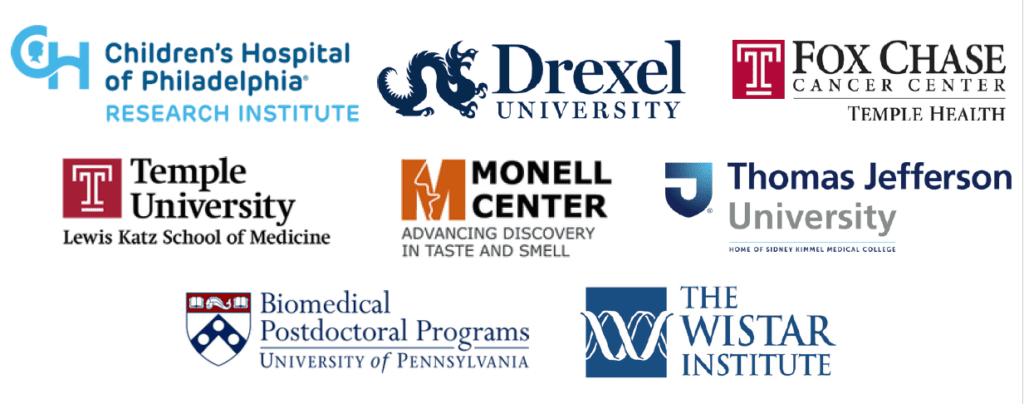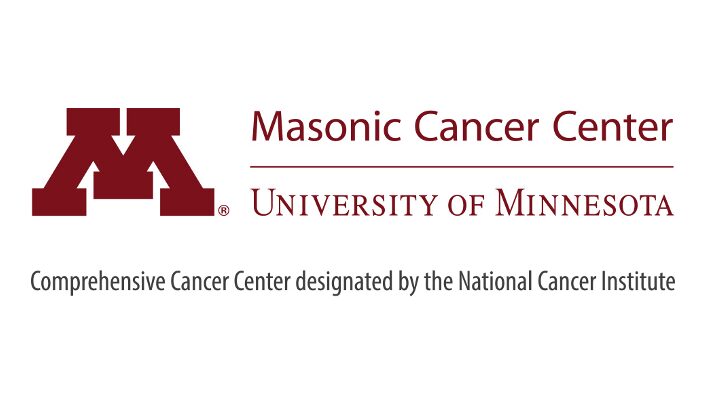
Location: Grand Rapids, Michigan
Application Deadline: 2/24/25
Are you a senior graduate student exploring your postdoc options? VAI Postdoc Preview provides selected applicants the opportunity to visit Van Andel Institute to learn about our postdoctoral training opportunities, meet one-on-one with our internationally recognized faculty and explore our extensive scientific resources, including our state-of-the-art Core Technologies and Services. VAI offers two Postdoc Preview events each year—one in the spring and one in the fall. There is no cost to attend. VAI provides transportation, lodging and meals for all selected applicants. We also are pleased to offer family care grants for those caring for children or other family members.
This application is for VAI’s Spring Postdoc Preview event on May 1 through May 3, 2025. Applications are due by February 24, 2025.
Eligibility
Applicants must be current graduate students at U.S. institutions who anticipate beginning a postdoctoral fellowship within the next year. Individuals who identify as members of underrepresented groups are strongly encouraged to apply. Preference will be given to applicants who are eligible for VAI’s NCI T32-funded Cancer Epigenetics Training Program and VAI’s Inspire Fellowship.Prior to starting the online application, please compile a list of VAI faculty members whose research interests you, along with your curriculum vitae.
About postdoctoral training at VAI
VAI labs conduct world-class biomedical research in cancer epigenetics, neurodegeneration, metabolism, cell biology and structural biology — all supported by outstanding Core Technologies and Services. Postdocs are a crucial part of VAI, so they receive highly competitive salaries, which start at $70,000 per year. VAI also offers postdocs comprehensive benefits, including low-cost health insurance for self and family, paid parental leave, and much more.
We offer numerous fully funded postdoctoral positions across our areas of focus. Learn more about postdoctoral training opportunities at VAI here. In addition, we have two internal fellowship programs: a National Cancer Institute T32-funded Cancer Epigenetics Training (CET) program, and the Inspire Fellowship program for postdocs who identify as underrepresented minorities. Please note that attending Postdoc Preview does not guarantee you a fellowship or a postdoc position at VAI; we encourage you to also apply to one or more of our open postdoc positions and fellowship opportunities (see FAQ tab on the VAI Postdoc Preview webpage for more information).
Questions? Please contact Dr. Erica Gobrogge, program director of VAI’s Office of Postdoctoral Affairs, at opa@vai.org.
About Van Andel Institute
Established in Grand Rapids, Michigan, in 1996 by the Van Andel family, VAI is now home to nearly 500 scientists, educators and support staff, who work with national and international collaborators to foster discovery. The Institute’s scientists study the origins of cancer, Parkinson’s and other diseases and translate their findings into breakthrough prevention and treatment strategies. Our educators develop inquiry-based approaches for K–12 education to help students and teachers prepare the next generation of problem-solvers, while our Graduate School offers a rigorous, research-intensive Ph.D. program in molecular and cellular biology.
About Grand Rapids, MI
Van Andel Institute is in downtown Grand Rapids, Michigan in the center of the Medical Mile. A remarkable combination of a cosmopolitan atmosphere and small-town warmth, Grand Rapids is known for its philanthropic and sustainability-driven community. It’s fun affordable and family-friendly. Located on the banks of the Grand River, Grand Rapids offers all the big-city excitement you’d expect from a million-resident metropolis, featuring hundreds of restaurants and nightspots, theaters, museums, sports and concerts. The safe and clean downtown is surrounded by an eclectic mix of walkable neighborhoods and natural areas.
